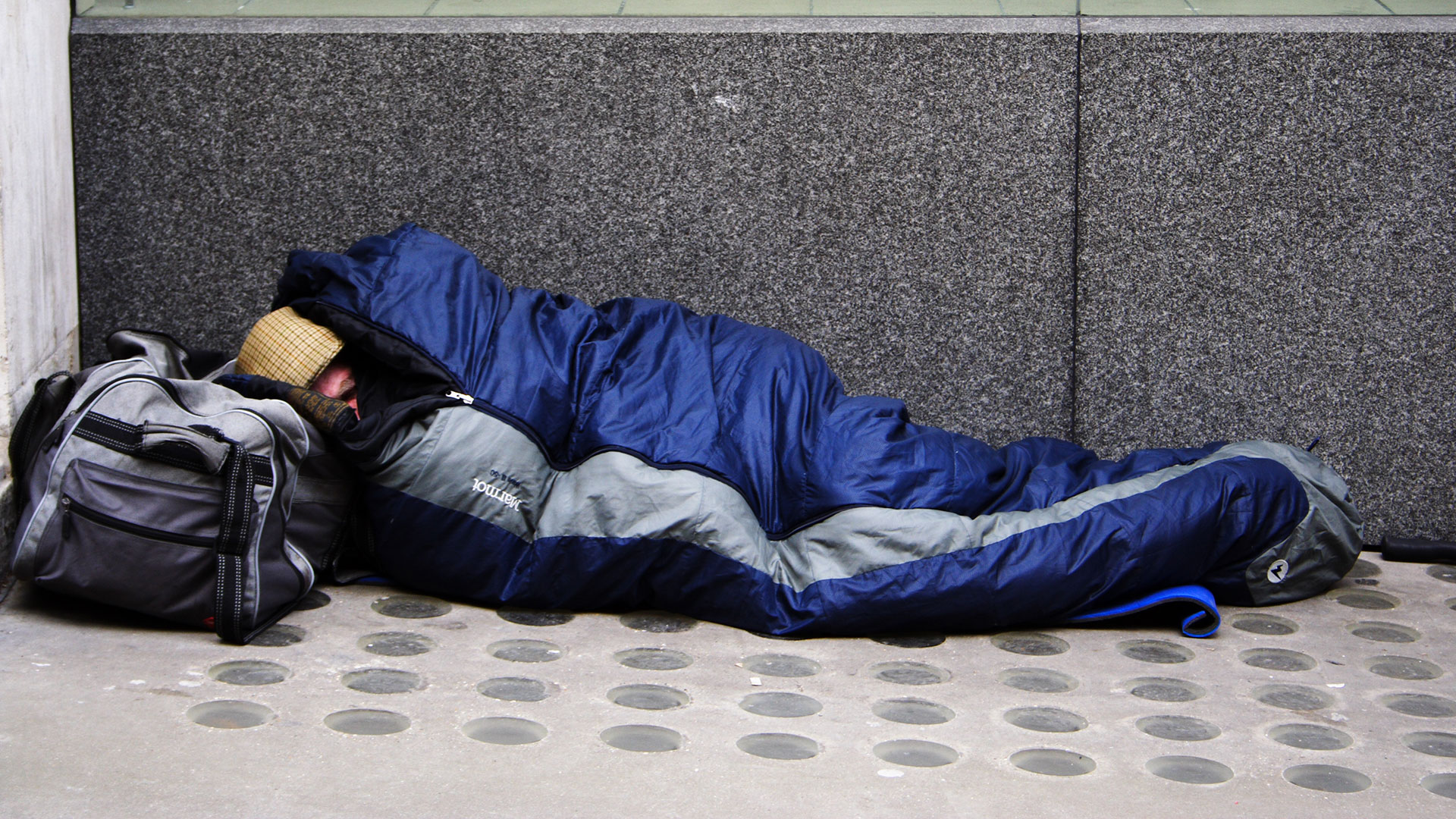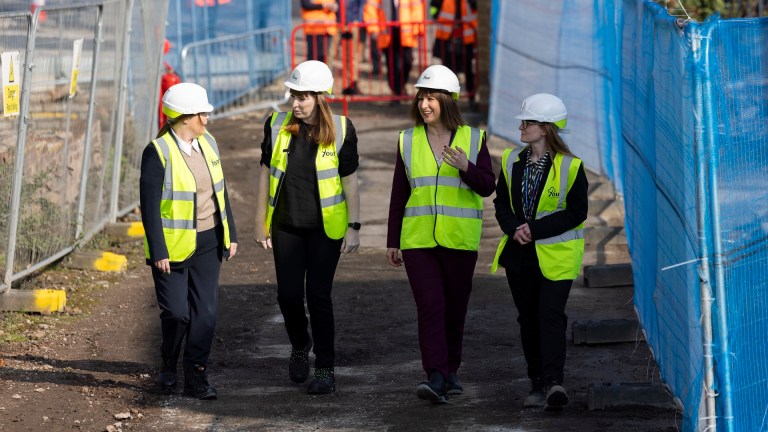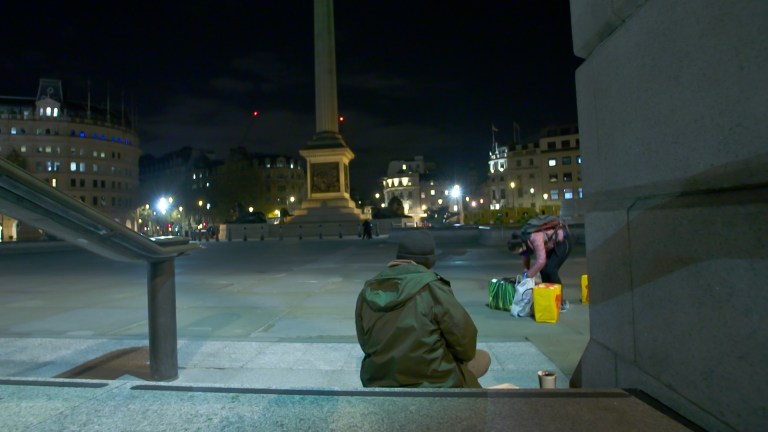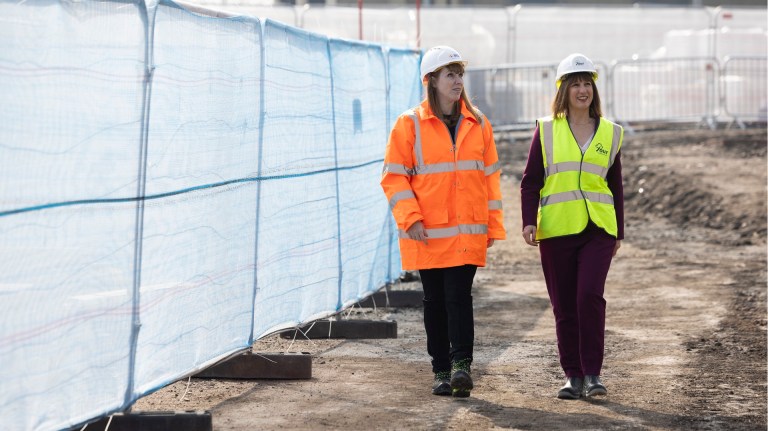They said acting now to protect vulnerable people and investing in an end to homelessness would curb costs going forward, including the £1bn spent my local authorities on temporary accommodation.
Included in their suggestions were improving data collection so that Government rough sleeping figures are more accurate, recording a person’s needs and household type, to bring it in line with the CHAIN methods; committing to keep up this year’s level of spending on homelessness, meaning £686m per year, for the next four years; and making rule changes that could mean spending cannot be cut if rough sleeping figures are stable or rising.
It is also crucial for the Government to create thousands of new social homes, the report said, to meet the urgent need of those initially taken in during lockdown who now need stable and secure housing long-term.
Lorrita Johnson, the charity’s director of homelessness services, said: “It’s not too late to stop a massive increase in homelessness and rough sleeping caused by the current economic downturn.
“Bold government moves like the furlough scheme, temporary protection from eviction and emergency accommodation for rough sleepers saved lives and ensured thousands still had a home. However, our report demonstrates that if the Government mirrors the austerity approach it took during the last economic crisis, there will be dire consequences for rough sleepers, private renters and the economy as a whole.
“Our report Future-Proof the Roof outlines alternatives to the austerity measures that came into force post 2010 and could be reintroduced following the upcoming spending review. If they act now, the Government will protect thousands of people from either returning to the streets and prevent many children being raised in cramped and unhealthy temporary accommodation.”
Advertising helps fund Big Issue’s mission to end poverty
The charity highlighted three post-pandemic shockwaves which could drive a wave of homelessness at the cost of council and NHS resources.
Wide-scale redundancies, the end of the furlough scheme and the eviction ban set to be lifted on August 23 will create large numbers of newly homeless people, they said, while Government “short-term thinking” and “chronic underinvestment” threatens to let rough sleeping figures spiral out of control.
The Government’s official figures tend to massively underestimate the true scale of rough sleeping, the charity also said, demonstrated by a recent snapshot survey by councils in April. It was estimated that 6,000 people were sleeping rough in England before lockdown – over 40 per cent more than was recorded by the Government the year prior.
Cllr David Renard, Local Government Association housing spokesperson, said: “The coronavirus pandemic has exacerbated the significant challenges councils already faced supporting homeless people.
“In the short term, to prevent any immediate rise in homelessness, the Government should bring forward its pledge to end ‘no fault evictions’, which would help reduce the number of people evicted, and commit to maintaining local housing allowance rates at the lowest third of market rents.
Advertising helps fund Big Issue’s mission to end poverty
“In the longer term, housing must be a central part of the recovery from coronavirus, with the Spending Review delivering a genuine renaissance in council house-building that reduces homelessness, gets rough sleepers off the streets for good, supports people’s wellbeing and is climate-friendly.”
A Government spokesperson said: “The Government has taken unprecedented action to support renters during the pandemic, including providing financial support to enable tenants to pay their living expenses and their rent, and this has helped ensure no one was forced from their home.
“New court rules will provide appropriate support to those who have been particularly affected by coronavirus when court proceedings start again, with landlords required to set out information about a tenant’s circumstances, including the effect of the pandemic on a tenant’s vulnerability, when bringing a possession claim.
“We’re committed to breaking the cycle of homelessness and to ending rough sleeping for good. That’s why we changed the law so councils now have a duty to try to stop people from becoming homeless and have provided over half a billion pounds to tackle homelessness and rough sleeping in 2020 and 2021.”










